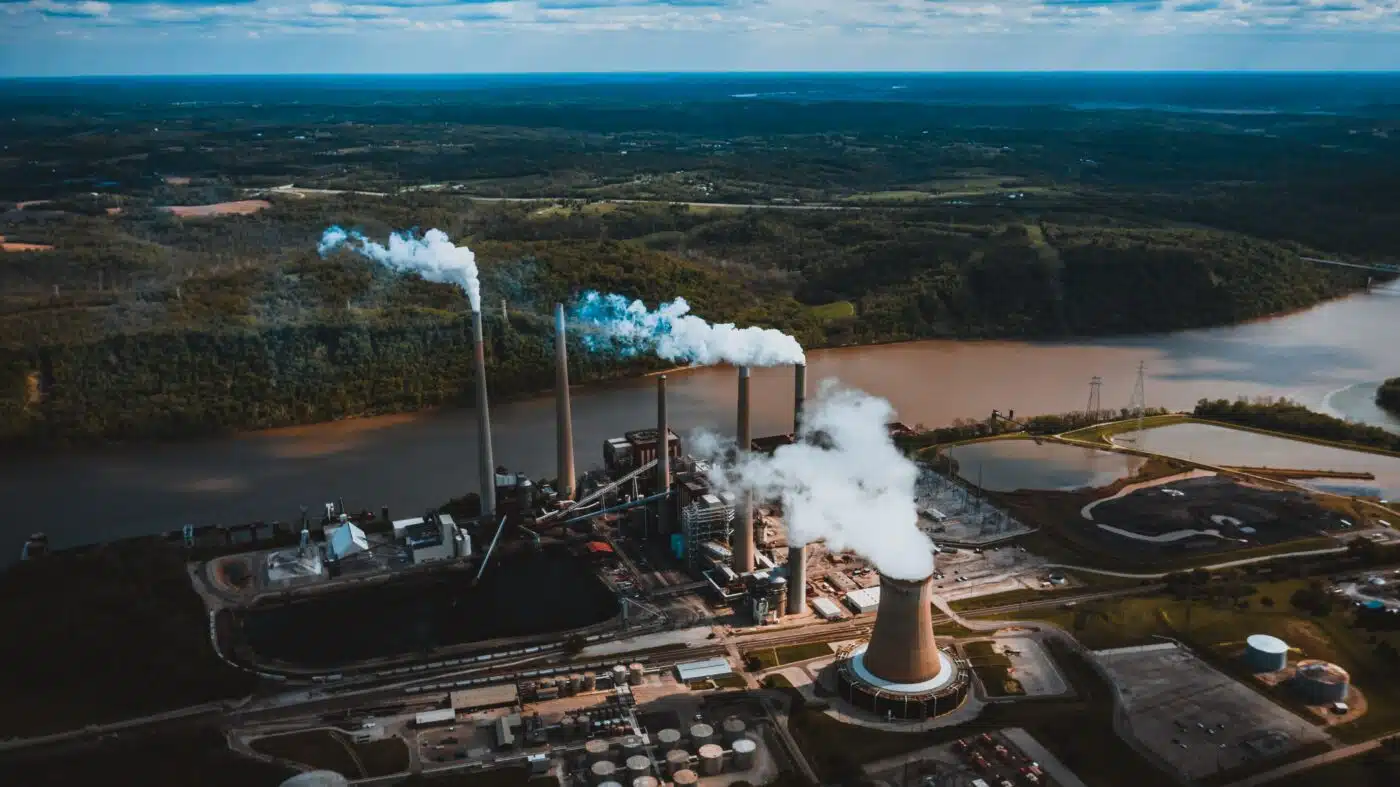News
The IPCC Sixth Assessment Report (AR6) calls for Rapid Carbon Emission Reductions
The UN Intergovernmental Panel on Climate Change (IPCC) released its Sixth Assessment Report on 20 March 2023. While the report pictures a gloomy account of consequence of the climate change due to human activities, it outlines options and opportunities that can be taken now to reduce GHG emissions.
The report concludes that recent temperature rises of 1.1°C above pre-industrial levels has resulted in climate change including more frequent and intense extreme weather events that have impacted nature and people world-wide. The report though acknowledges that policies and laws addressing mitigation have consistently expanded since the AR5 report, it is still likely that warming will exceed 1.5°C during the 21st century. The report expresses that if temperatures are to be kept to 1.5°C, deep, rapid, and sustained greenhouse gas emissions reductions is needed. In fact, it suggests the current level of emissions must be cut by half by 2030 to have a chance for meeting the 1.5°C limit.
The report reemphasises that the consequences of climate change will not be felt equally across the world. Low-income and marginalised communities will suffer more, and hence climate risk reduction and mitigation should be given priority for these groups.
The report identifies that cutting emissions quickly and sharply are among the challenges for creating a safer and sustainable world.
In response to the IPCC Sixth Assessment Report, actors and stakeholders in the building sector have a significant role to play in safeguarding the environment. The building sector is currently responsible for around 40% of energy related global emissions. As the buildings become more efficient in operational energy (heating, cooling, and lighting) due to more stringent standards and regulations, the relative importance of embodied carbon of materials used in construction becomes more significant. Reducing the embodied carbon of buildings through sustainable sourcing of materials, use of low carbon materials and green and lean construction, will result in quick and sharp reductions in the whole life emissions of a building. Such an approach is in line with the opportunity “cutting emissions quickly and sharply” as identified by the IPCC Sixth Assessment Report. In this respect, it is very encouraging to see the proposed Building Regulations ‘Part Z’ in the UK which will aim at minimising the embodied carbon emissions of buildings.
In response to the AR6 Report, there is a need for immediate and rapid emissions reductions in the building sector. All actors and stakeholders in the industry must take urgent action to implement transformations to achieve zero carbon buildings.
Featured image provided royalty free from Pexels
Written by Professor Behzad Sodagar

